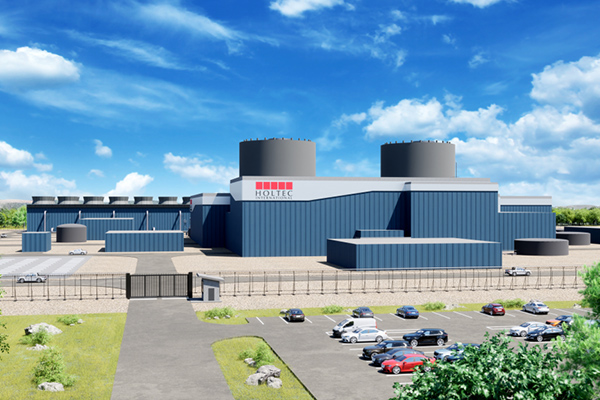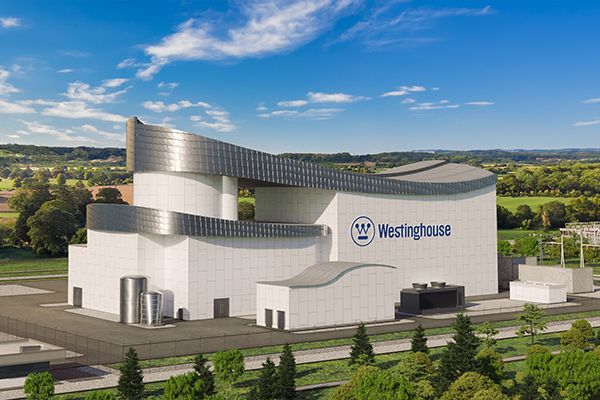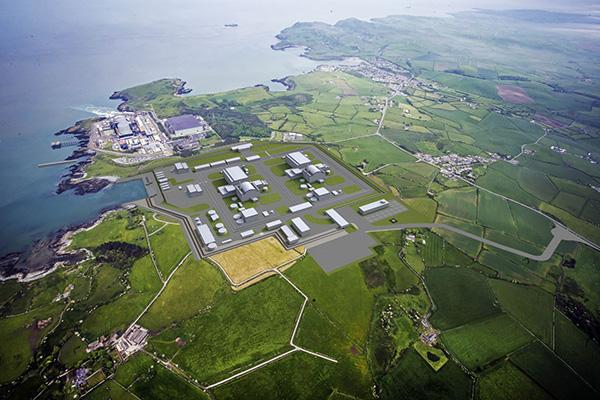Improved infrastructure investment could lead to a £44 billion boost to the UK’s cities, according to new research supported by the Nuclear AMRC.
The first report from the Inclusive Growth Commission (IGC) finds that insufficient investment in physical infrastructure is causing the UK’s regional cities to be relatively more difficult and expensive to live in and travel to. This “agglomeration gap” means that economic benefits usually associated with bigger cities and greater metropolitan areas in other countries don’t happen in most parts of the UK.
The IGC includes a variety of prominent businesses and trade associations representing capital-intensive industry, including Forth Ports, Manchester Airports Group, CBRE, Mace, the Nuclear AMRC, Make UK and the Association of British Insurers. It aims to help both Labour and the Conservatives to develop credible policy proposals to boost UK growth in the run-up to the general election.

In its first report on physical capital, the IGC recommends the creation of a new category of regionally significant infrastructure projects, a new National Infrastructure Commission modelled on the Office for Budget Responsibility, and changes to green belt planning laws to support new investment in local infrastructure.
The report also highlights challenges in the development of national physical capital including nuclear power stations and other energy infrastructure. The UK currently spends over 50 per cent more per gigawatt of new nuclear capacity than other countries in western and northern Europe, and around five times as much as South Korea.
Along with similar gaps in other energy technologies such as offshore wind, these higher construction costs could add several hundred billion pounds to the total cost of the UK’s energy transition.
“For the nuclear industry, the most important element is to secure long-term commitment to a programme of new nuclear build, giving industry the confidence to invest in development of the supply chain and critical industrial capabilities,” comments Chris Pook, government policy director at the Nuclear AMRC. “Alongside this, the government needs to work with the industry to take unnecessary costs out of the system to speed up delivery.
“By focusing on the importance of unlocking regional investment, the IGC report has identified the missing link in UK economic development and a key ingredient for inclusive growth. The Nuclear AMRC is well positioned to connect regional and national needs, delivering solutions required to rebuild a thriving nuclear industrial base in the UK.”
A second IGC report focuses on financing for infrastructure projects and early-stage innovative companies, with recommendations for the Office for Investment and UK Infrastructure Bank.



